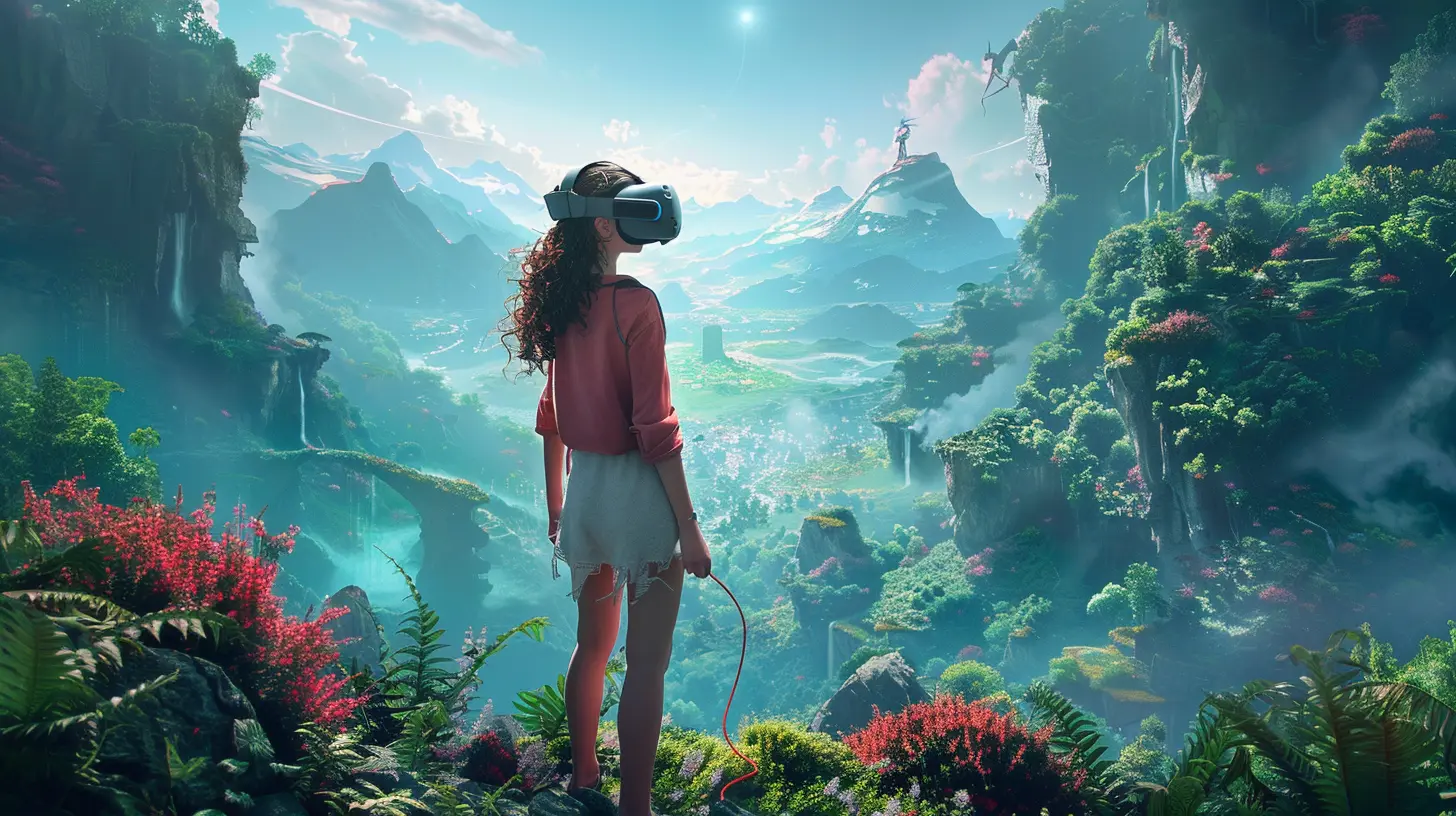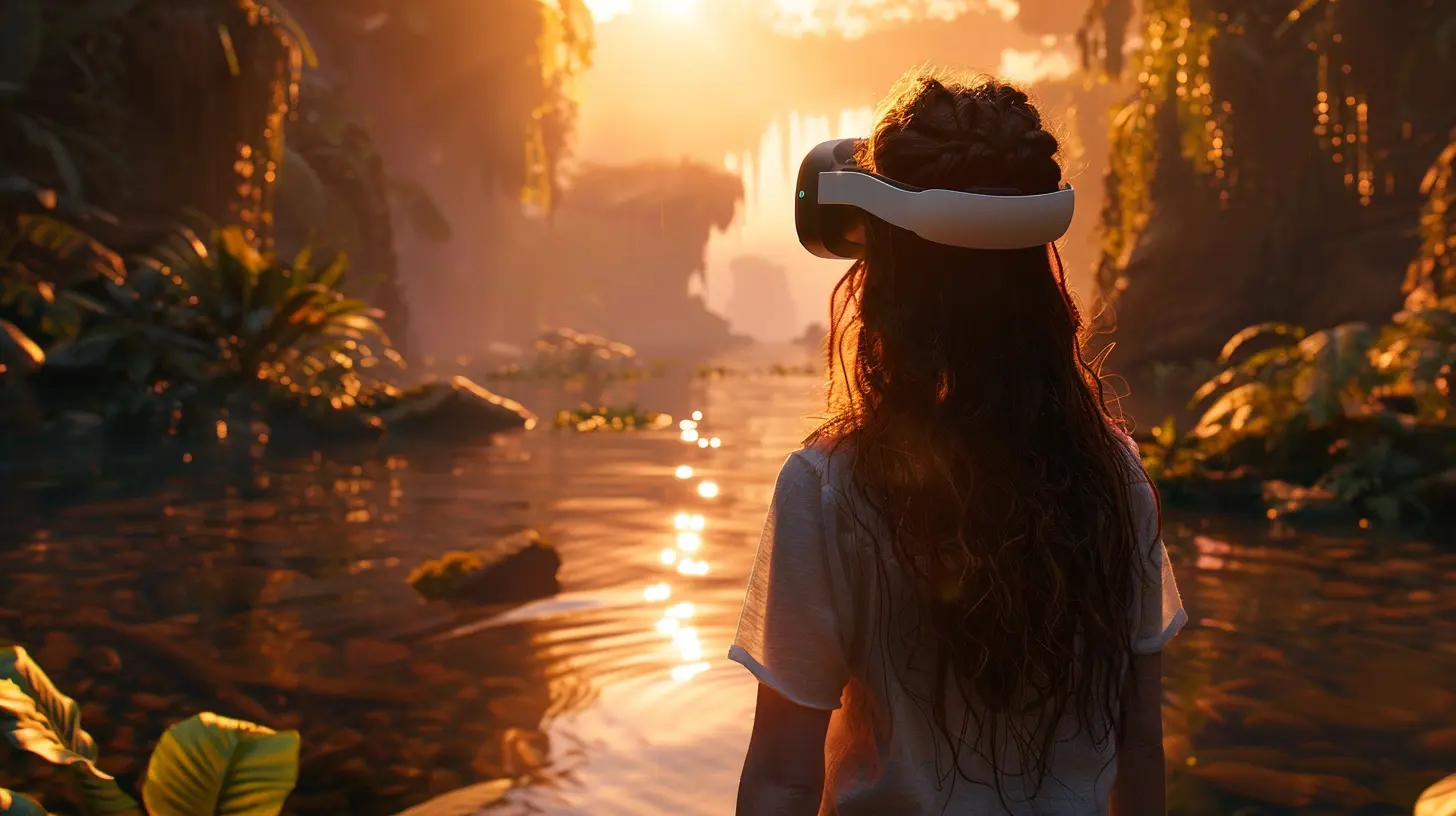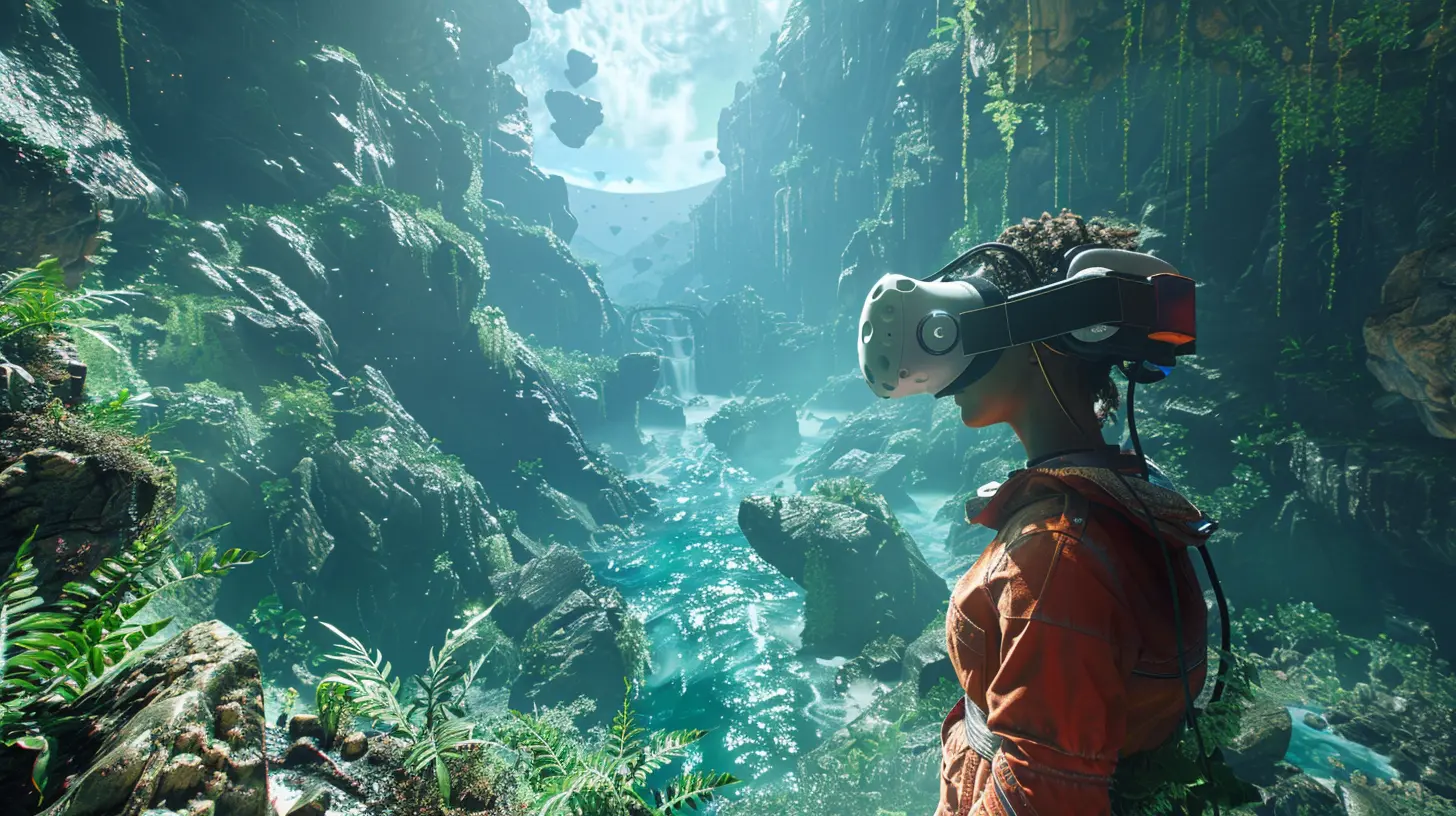The Rise of VR Titles in Game Award Nominations
9 June 2025
Over the past decade, the gaming industry has experienced some incredible leaps in technology. From photo-realistic graphics to sprawling open worlds, developers have continuously raised the bar. Yet, one revolution has gone further than visuals or gameplay mechanics—it’s about how we experience games. Yes, I'm talking about virtual reality (VR). What once seemed like something ripped from a sci-fi movie has now become a legitimate, thriving part of gaming. But there’s one trend that’s impossible to ignore: VR titles are suddenly popping up in major game award nominations. How did we get here? And what does this mean for the industry moving forward? Let’s break it all down.
A New Frontier: How VR Gaming Came to Life
Before we dive into the awards buzz, let’s rewind the clock a little. VR wasn’t always the polished, exciting platform we know today. Remember the clunky headsets and underwhelming experiences from the early 2010s? It felt like VR was always almost there, but never quite ready. Think of those times as the awkward teenage years of virtual reality gaming.Then something happened. Companies like Oculus (now Meta), HTC, and Sony started pouring serious money into improving the hardware. By mid-2016, with the release of the Oculus Rift, HTC Vive, and PlayStation VR, VR gaming finally felt like it found its footing. Sure, the tech was still relatively niche, but it was light-years ahead of where it started. Better graphics, smoother motion tracking, and immersive sound design gave players something they’d only dreamed of: the ability to step inside their favorite games.
The Turning Point: VR's Evolution from Gimmick to Excellence
Let’s be real for a second—VR gaming wasn’t an instant hit. The early days were rocky, with a lot of people dismissing it as a "passing fad" or just a fancy gimmick. After all, who wanted to spend hundreds of dollars on a headset just to play Beat Saber? (Spoiler: a lot of us actually did, but that’s beside the point.)The turning point? Developers started to truly understand the medium, building games designed specifically for VR rather than trying to shoehorn traditional experiences into it. Titles like Superhot VR and Arizona Sunshine were huge hits that showed what was possible when devs embraced VR’s unique capabilities. But it wasn’t just about combat or puzzle-solving—the success of Job Simulator hinted at something bigger: VR could be weird, funny, and even mundane, and players still couldn’t get enough.
More importantly, though, VR games started nailing one crucial aspect: immersion. When you’re in VR, the world around you melts away. You’re not just controlling a character; you are the character. Whether you’re deflecting laser blasts in Vader Immortal or scaling cliffs in The Climb, the line between reality and the virtual blurs in a way traditional games can’t replicate.
Awards Love: The Game Awards’ Growing Recognition of VR
Now that VR developers had finally hit their stride, it was only a matter of time before the industry started taking notice. Fast forward to the late 2010s, and VR titles started to find themselves on “Best Of” lists across gaming media. Then came the big moment: major game award nominations.Let’s talk about The Game Awards, arguably the biggest stage in gaming. For years, VR games were relegated to their own niche categories—like “Best VR/AR Game.” (A bit like being the kid at the grown-up table, right?) While it’s nice to have a dedicated space for VR games, it’s also a bit limiting. After all, these titles were often just as innovative and polished as their standard counterparts.
Then something shifted. Games like Half-Life: Alyx broke through the barriers by proving that VR wasn't just a novelty. Released in 2020, Alyx wasn’t just a great VR game—it was a great game, full stop. Critics raved about its immersive storytelling, meticulous world-building, and jaw-dropping mechanics. It ended up snagging multiple awards, including Best VR/AR Game, and even earned a nomination for Game of the Year. That was huge. It sent a clear message: VR titles could go toe-to-toe with the biggest triple-A games in the industry.
Why Are VR Titles Gaining Recognition Now?
Let’s be honest: VR isn’t new. So why is it now gaining traction in award nominations? A few factors play into this shift.1. Advancement in Technology
The hardware has come a long way. The latest headsets offer incredible fidelity, wireless freedom, and ergonomic designs that make long play sessions enjoyable. Better hardware means better games, period. No one wants to nominate a game that makes them motion sick after 20 minutes. (Looking at you, early VR tech.)2. Bigger Budgets and Ambitious Projects
In the early days, most VR games felt like glorified tech demos. But now, developers have the resources to spend years crafting VR masterpieces. Studios like Valve, Insomniac Games, and even small indie teams are investing in creating full-length experiences that rival traditional games in scope and quality.3. Player Acceptance
A lot of players who were initially skeptical about VR have been won over. The library of quality VR games has grown exponentially, and more people are willing to give the platform a chance. With a larger audience comes more attention from critics and award bodies.4. Unique Gameplay Opportunities
Let’s face it: VR does things that flat-screen games just can’t. Whether it’s the tactile satisfaction of physically reloading a gun, the spine-tingling fear of creeping through a dark hallway in Phasmophobia VR, or the sheer joy of swinging lightsabers to music in Beat Saber, VR offers experiences that feel genuinely fresh.The Future: Will VR Titles Take Over Game Awards?
So here’s the big question: is this just the start? Could VR games one day dominate game award ceremonies? Honestly, it’s hard to say. While they’re slowly gaining traction, they’re still a relatively small slice of the industry. Most people don’t own a VR headset, and that’s a huge barrier to entry.That said, the momentum is undeniable. With more affordable headsets like the Meta Quest 3 and the rumored rise of mixed-reality platforms, VR gaming is creeping closer to mainstream adoption. And as the audience grows, so does the potential for more VR titles to receive top-tier recognition.
It might take a few more years, but don’t be surprised if we see another Half-Life: Alyx-level title—or even better—grab the overall Game of the Year trophy. The world of gaming loves innovation, and VR has plenty of it.
Wrapping It Up
VR gaming has come a long way from its humble beginnings. What started as a niche hobby for tech enthusiasts is now making waves on the biggest stages in gaming. The rise of VR titles in game award nominations isn’t just a fluke; it’s a sign that the medium is maturing and earning its place alongside traditional gaming platforms.Whether you’re a VR devotee or someone still on the fence, one thing’s for sure: VR isn’t just the future—it’s here, and it’s here to stay. So, the next time you see a VR game nominated for a major award, don’t be surprised. It’s just another step in the evolution of gaming.
all images in this post were generated using AI tools
Category:
Game AwardsAuthor:

Lana Johnson
Discussion
rate this article
2 comments
Soryn Duffy
It's exciting to see VR titles gaining recognition in game award nominations! This shift highlights the innovative potential of virtual reality, showcasing unique storytelling and immersive gameplay that can elevate the gaming experience to new heights. Looking forward to more breakthroughs!
June 12, 2025 at 2:46 AM

Lana Johnson
Thank you! We're thrilled to see VR gaining recognition too—it's an exciting time for innovation and storytelling in gaming!
Poppy McKale
VR titles are no longer just immersive experiences; they’re contenders for the spotlight. As traditional genres blend with groundbreaking tech, it’s fascinating to see how these innovations shape the narrative. Will the future of gaming be defined by virtual realities? The award nominations suggest it just might!
June 9, 2025 at 4:43 AM

Lana Johnson
Absolutely! The integration of VR into traditional gaming is transforming narratives and shaping the future of the industry. Exciting times ahead!


